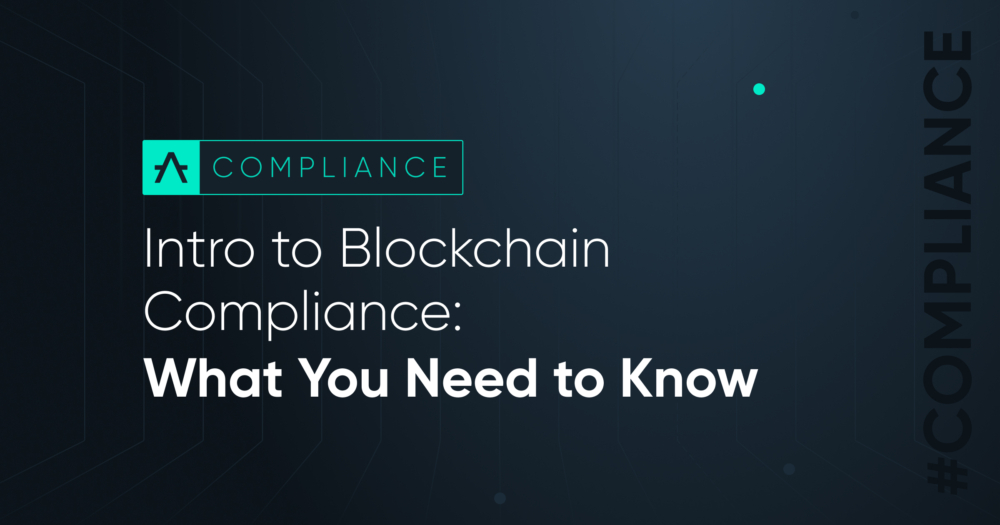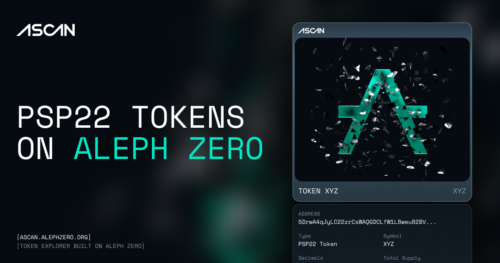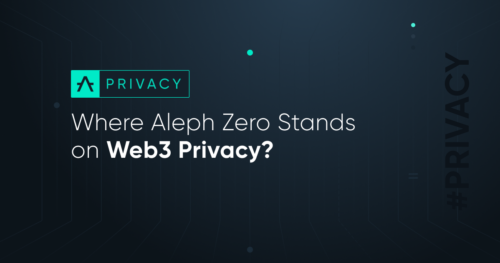Intro to Blockchain and Compliance: What You Need to Know
Jan 22, 2024

Blockchain technology is a new field of industry that has implications for finance, technology, business, and many others. This means that many of the recent advances are still the subject of heated debate in terms of their effect on the public.
Regulators around the world have started to approach blockchain technology with different outlooks. However, there are some common guidelines for how regulations might evolve in a general sense.
Let’s take a look at what blockchain compliance means for projects and the basics of what they need to know.
Where is Compliance Necessary?
There are three main focus points for blockchain compliance–AML/CFT
While the regulatory landscape continues to evolve, it is likely that requirements for blockchain projects in the future will remain the same when it comes to these three:
AML/CFT and KYC
Anti-Money Laundering (AML), CFT (Counter Financing of Terrorism) and Know Your Customer (KYC) regulations are similar across traditional banking systems and in blockchain. Blockchain compliance in this regard is especially relevant for crypto onboarding services and other first points of contact for average users with the industry. They are held responsible for maintaining records of who and how obtains access to digital assets.
Implement robust AML and KYC procedures to verify the identities of your users and monitor transactions for suspicious activity. Although this is understood to be the norm across the globe, many countries even have explicit requirements for crypto businesses in this regard.
Tax
Cryptocurrency transactions can have tax implications. These vary depending on jurisdictions and can have different “triggering” moments depending on the nature of transactions.
Tax implications are not effective to the blockchain as such–it’s the users who are obliged to reporting and payment of capital gains tax, income tax, or any other applicable taxes in their jurisdictions. It is an important part of the space, though.
Securities Law
Some blockchain-based assets, such as tokens or cryptocurrencies, may be classified as securities by regulators. This can be a tricky distinction that was unclear for many investors in the early ICO boom from 2017. As a result, some blockchain projects have been classified as securities retroactively and faced fines by relevant regulators, especially in the US.
Projects related to cryptocurrencies should always stay on top of the regulatory developments in the jurisdictions they operate in and work with reputable law advisors to ensure sustainable operations in compliance with applicable laws.
Where Blockchain Compliance Could Go Next?
These are just a few of the basic requirements that exist nowadays for blockchain compliance. However, as the space evolves, there are new directions and approaches that could look into the right balance between transparency and blockchain privacy, as well as the different roles that individuals, companies, and governments should play.
Tune in to the Aleph Zero podcast to go in-depth and learn more about blockchain compliance and compliant solutions in web3. Join the Aleph Zero community for updates on the latest developments on web3 privacy.

